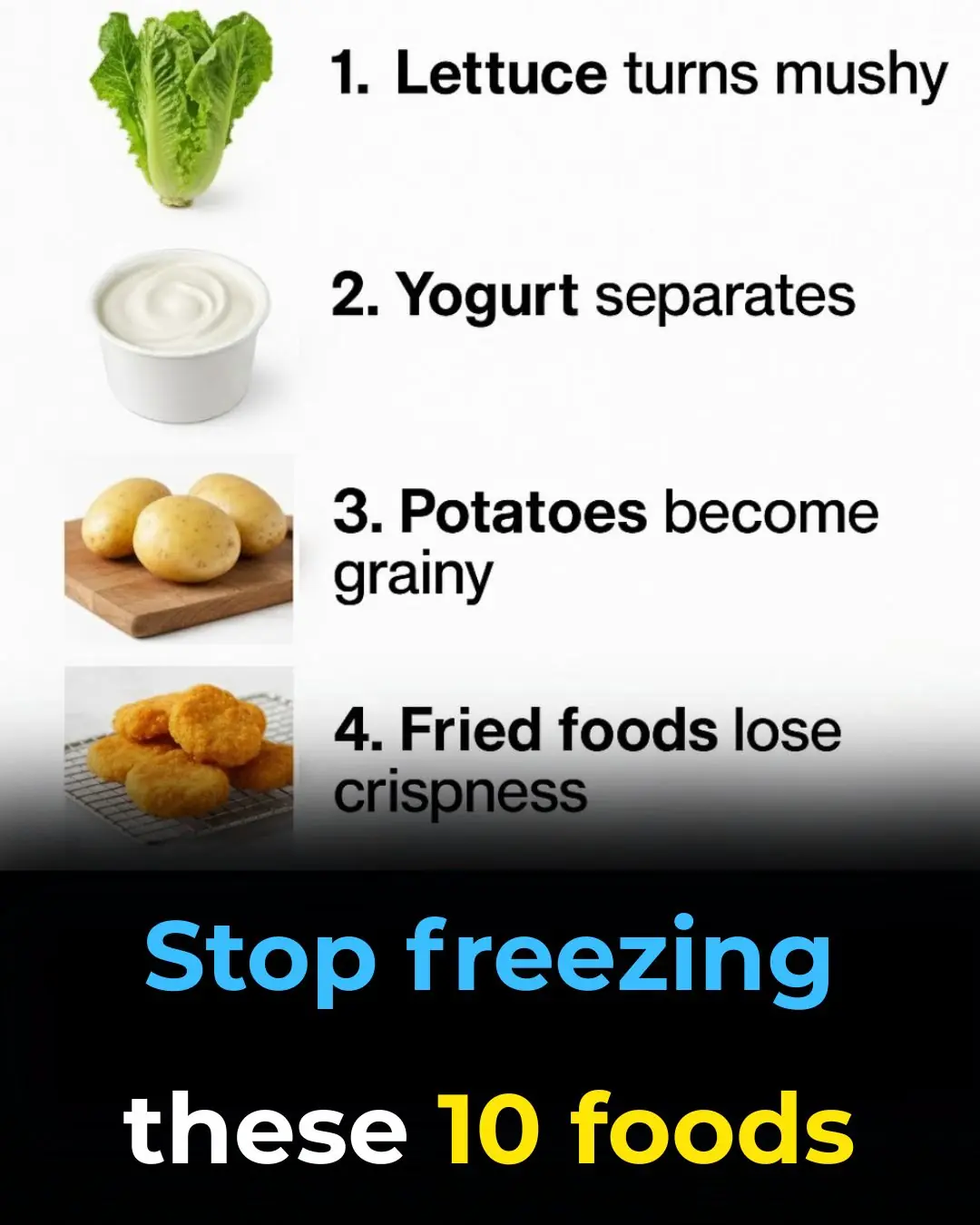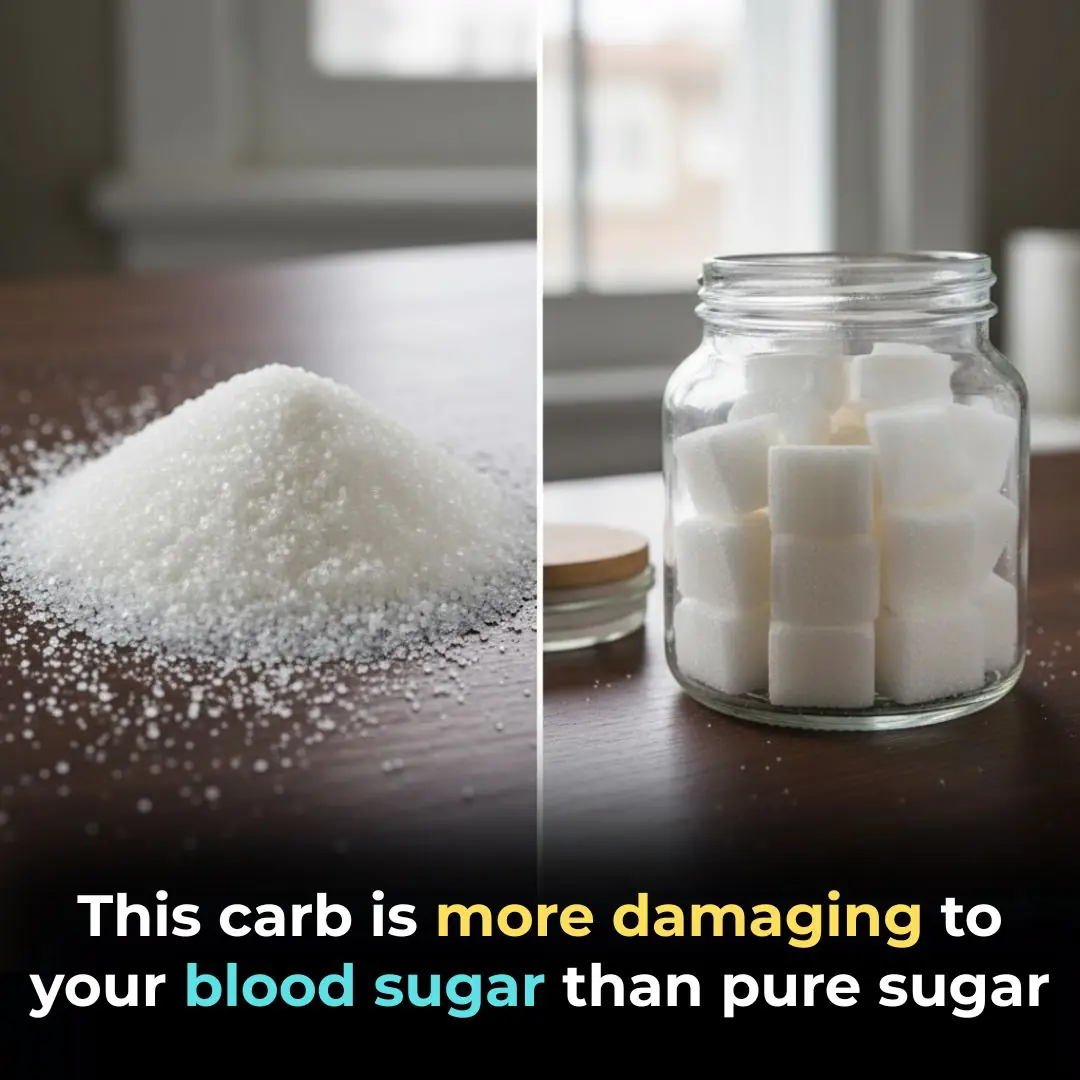
The B Vitamin Solution: How to Lower Blood Pressure When Medications Fail
The B Vitamin Solution: How to Lower Blood Pressure When Medications Fail
Imagine a future where controlling your blood pressure is simpler, more natural, and far less stressful. What if a common group of vitamins — found in everyday foods and inexpensive supplements — could help you regain balance when traditional medications fall short? New research suggests that B vitamins may hold the key to better blood pressure control, especially for those struggling with treatment-resistant hypertension.
This isn’t a miracle cure — it’s science catching up to what nutritionists and cardiologists have suspected for years: that the nutrients you put into your body can profoundly influence how your cardiovascular system functions.
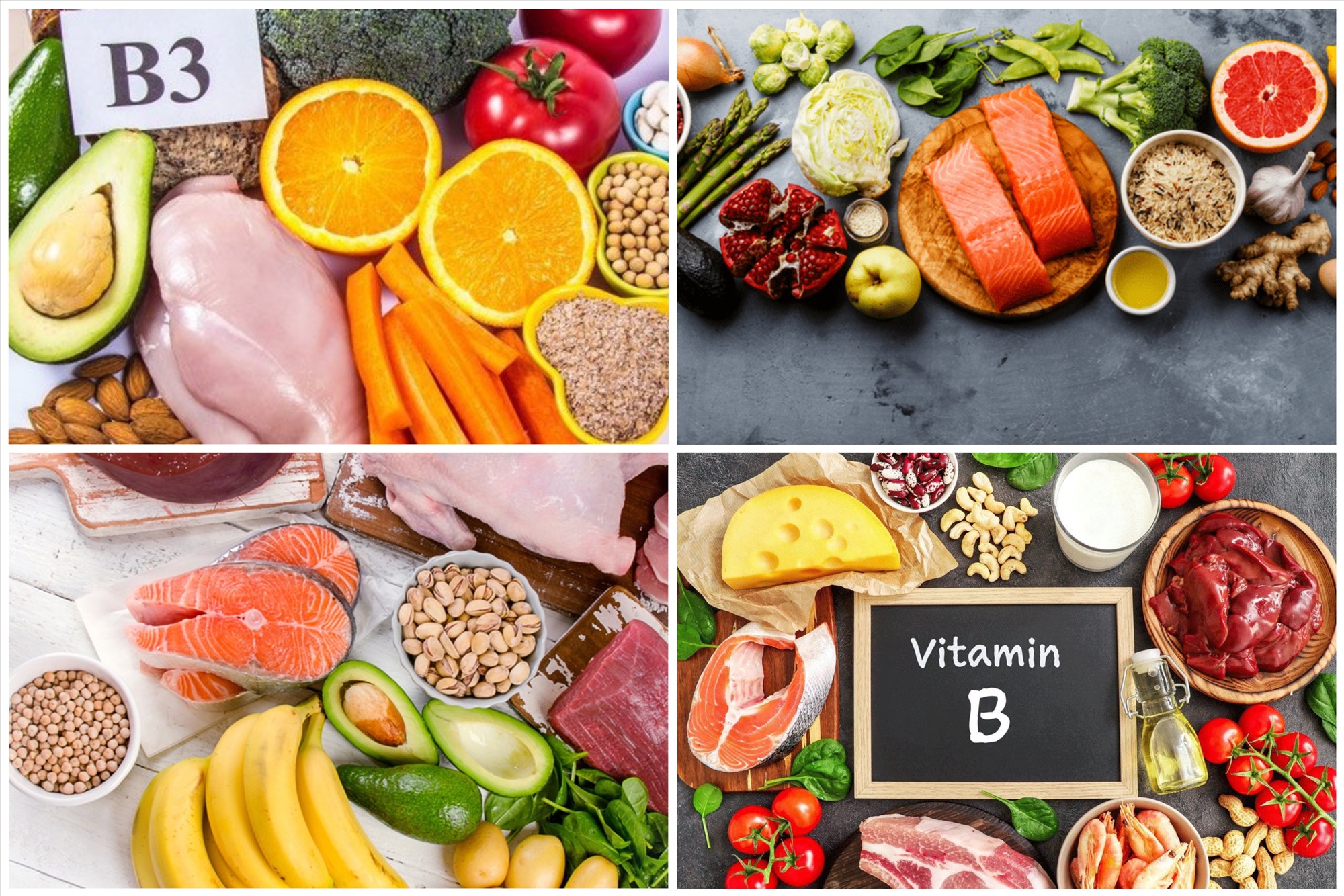
💓 The Global Burden of High Blood Pressure
High blood pressure, or hypertension, affects more than a billion people worldwide and is one of the leading risk factors for heart disease, stroke, and kidney failure. It’s often called the “silent killer” because it rarely shows obvious symptoms — yet it can quietly damage your arteries, heart, and brain over time.
For many, medication is the first line of defense. But even with proper treatment, some individuals find their numbers remain stubbornly high. In fact, around 1 in 8 people suffer from drug-resistant hypertension, meaning their blood pressure doesn’t normalize even after trying three or more prescribed medications. This frustrating scenario often leaves patients searching for new, effective, and safer alternatives.
📉 The Stricter Standards — and Why They Matter
You might have noticed that the definition of “high blood pressure” has become stricter. Medical guidelines now define hypertension as readings over 130/80 mmHg, instead of the previous 140/90. This change means millions more people are now classified as hypertensive — and at greater risk of heart-related complications.
This shift highlights an urgent need for new strategies that go beyond standard drugs — and that’s where B vitamins enter the picture.
🧬 The Hidden Culprit: Homocysteine
At the center of this breakthrough lies a natural compound called homocysteine. It’s a byproduct of protein metabolism, and under normal conditions, your body keeps it well-balanced. But when homocysteine levels rise too high, trouble begins.
Excess homocysteine can damage the delicate lining of your blood vessels, making them stiffer, narrower, and less flexible. This increases resistance to blood flow — raising your blood pressure and straining your heart. Over time, this same process also elevates your risk for stroke, heart attack, and dementia.
The good news? Elevated homocysteine isn’t a life sentence — it’s a modifiable risk factor. You can lower it naturally with certain B vitamins that your body uses to convert homocysteine into harmless compounds.
🥦 The Vitamin Connection: B6, B12, Folate, and Riboflavin
When your diet or genetics leave you deficient in vitamin B6, B12, folate (B9), or riboflavin (B2), your body loses its ability to break down homocysteine efficiently. The result is a slow but steady buildup that contributes to hypertension and vascular inflammation.
Adding these vitamins — through supplements or nutrient-rich foods — can make a dramatic difference. According to a comprehensive study led by Dr. Merrill Elias and published in the American Journal of Hypertension, daily supplementation with B vitamins lowered blood pressure by 6 to 13 mmHg on average.
That may sound modest, but even small improvements can lead to major health benefits. A drop of just 5 mmHg in systolic pressure can cut the risk of stroke by up to 14% and heart disease by 9%, according to the American Heart Association.
🍳 Where to Get Your B Vitamins
Before reaching for supplements, it helps to know where these essential nutrients come from:
-
Vitamin B6: Found in fish, poultry, bananas, potatoes, and chickpeas.
-
Vitamin B12: Abundant in animal products like eggs, dairy, meat, and fortified cereals.
-
Folate (B9): Richly available in leafy greens, lentils, asparagus, and avocado.
-
Riboflavin (B2): Present in almonds, eggs, mushrooms, and whole grains.
However, older adults, vegetarians, and those with digestive conditions (like celiac or Crohn’s disease) may struggle to absorb enough of these vitamins from food alone — making supplementation a valuable tool under medical supervision.
🧪 A Problem with “Normal” Lab Results
The researchers also pointed out a critical flaw in how laboratories define “normal” homocysteine levels. While the ideal threshold should be 10 micromoles per liter (μmol/L) or less, many labs still use 11.4 μmol/L as the cutoff.
This seemingly small difference can cause thousands of people to miss early treatment opportunities. Experts now argue that lowering the reference range could help detect risks sooner and prevent unnecessary cardiovascular damage.
⚠️ A Word of Caution
While B vitamins are safe for most people, they’re not one-size-fits-all. Dosage, form, and frequency should be tailored to your health status. For instance, people with kidney disease or those taking certain medications (like metformin or proton-pump inhibitors) may need specific adjustments.
Always consult your doctor before starting a supplement regimen. They can check your homocysteine levels, assess your nutrient status, and recommend the right combination for you. Over-supplementation — especially of B6 or B12 — can cause nerve irritation or imbalances if taken in excess over time.
🌿 Why This Matters
This research marks a hopeful step toward a more integrative approach to managing hypertension — one that combines modern medicine with nutritional science. For those who’ve struggled with conventional drugs or experience unwanted side effects, B vitamins offer a low-cost, low-risk, and evidence-based way to support vascular health.
By addressing the root cause — excessive homocysteine — rather than just the symptom of high blood pressure, you can take control of your heart health more effectively.
💬 The Takeaway
If you’re living with high blood pressure, especially drug-resistant hypertension, don’t overlook your nutrition. B vitamins may not replace your medications, but they could enhance their effectiveness and help you achieve lasting balance.
A simple blood test, a few dietary adjustments, and doctor-guided supplementation could be the missing piece in your fight for healthier blood pressure — and a longer, stronger life.
Source: Adapted from the work of Dr. Merrill Elias, American Journal of Hypertension (2025), with additional context from cardiovascular and nutritional research.
News in the same category

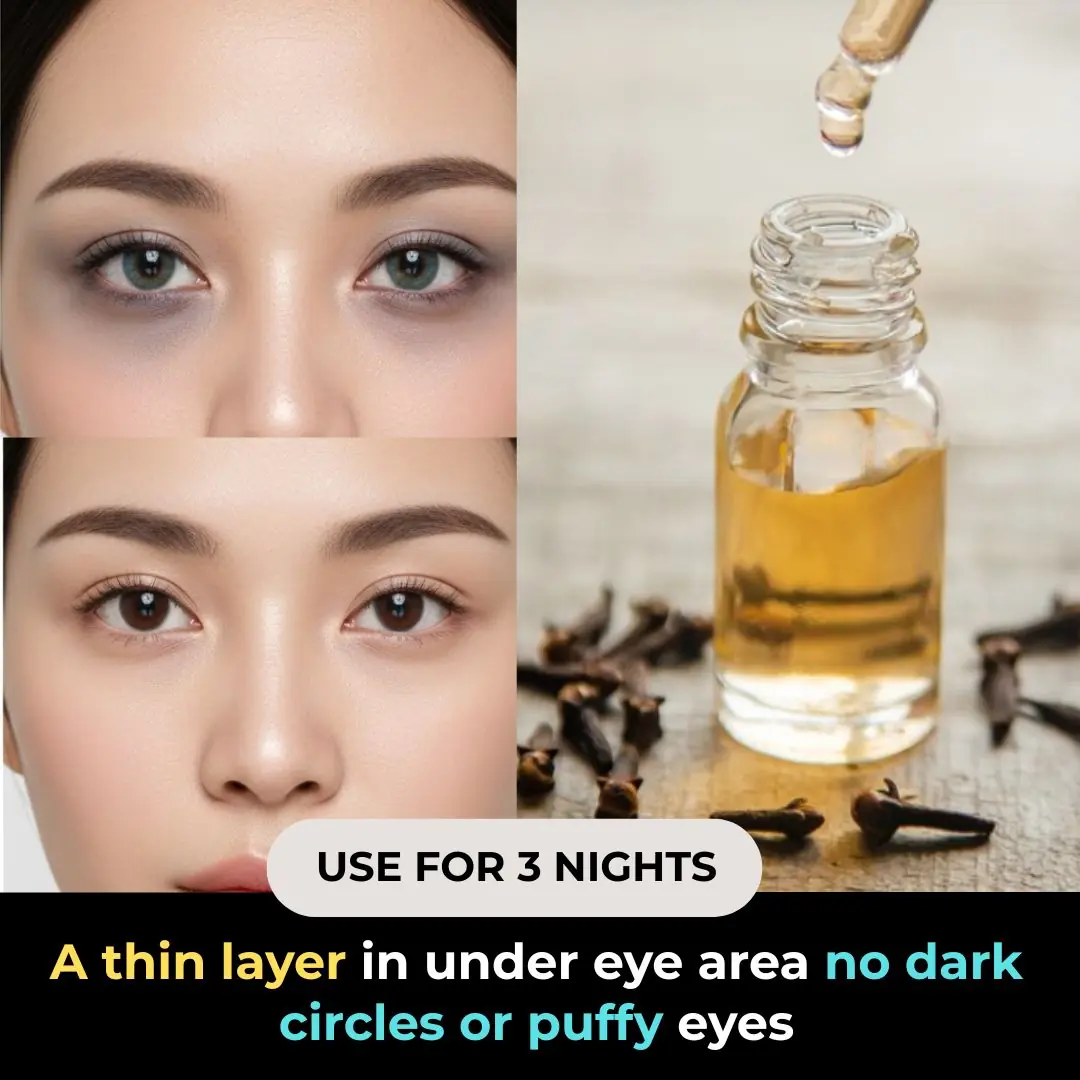
DIY Under-Eye Clove Cream for Dark Circles
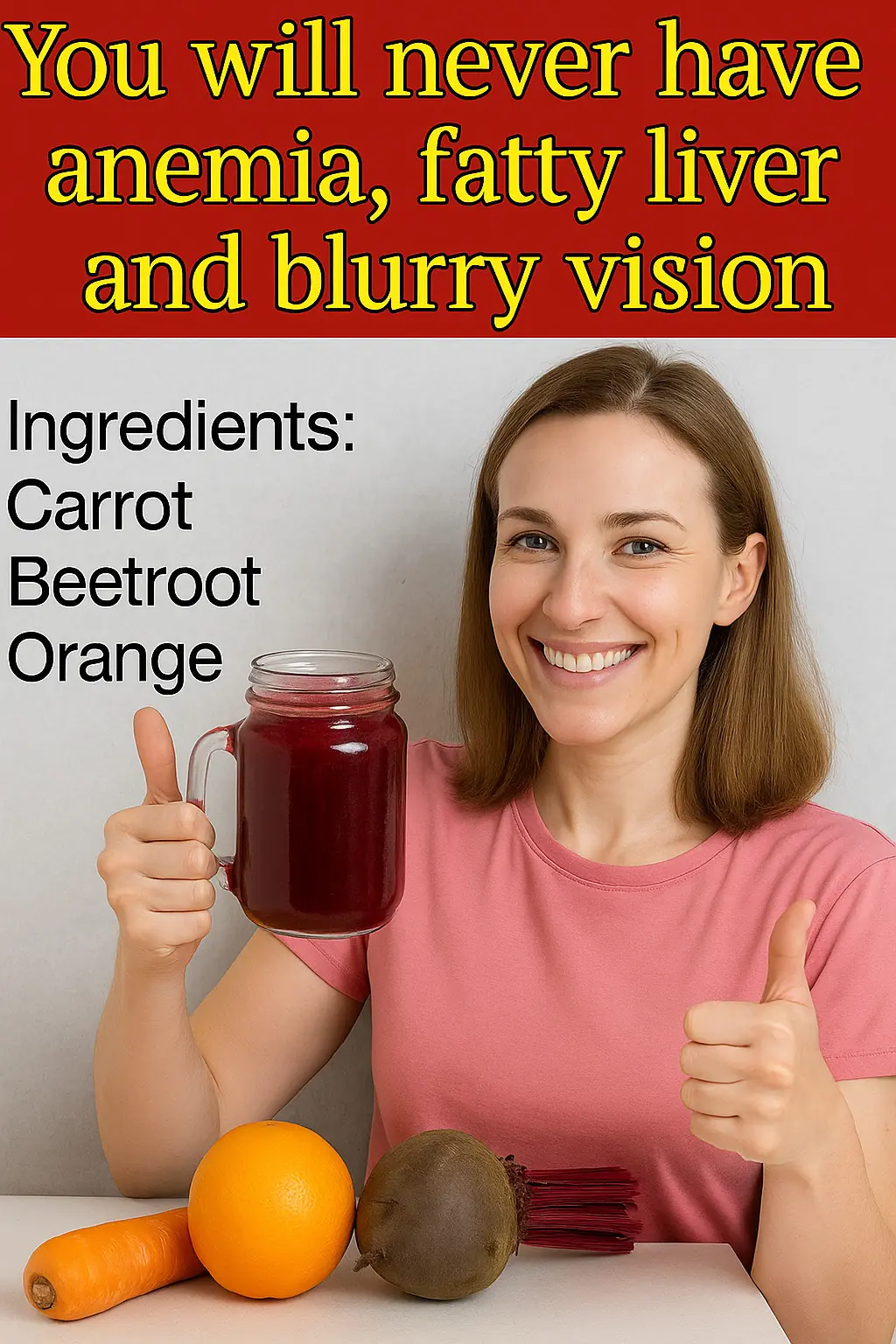
The Powerful Juice That Fights Anemia, Fatty Liver, and Blurry Vision Naturally
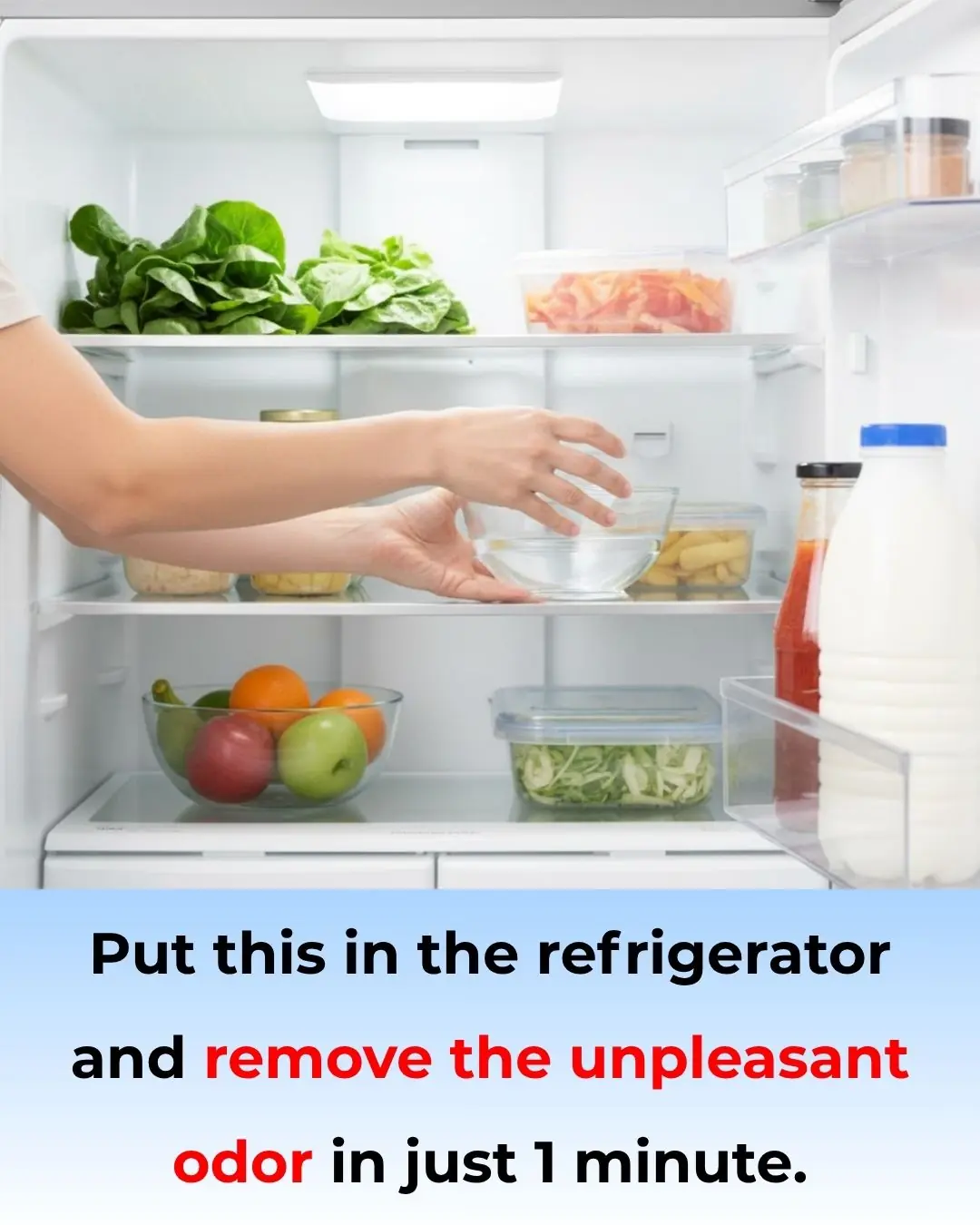
Remove Bad Odors from Your Refrigerator Overnight with These Simple Tricks
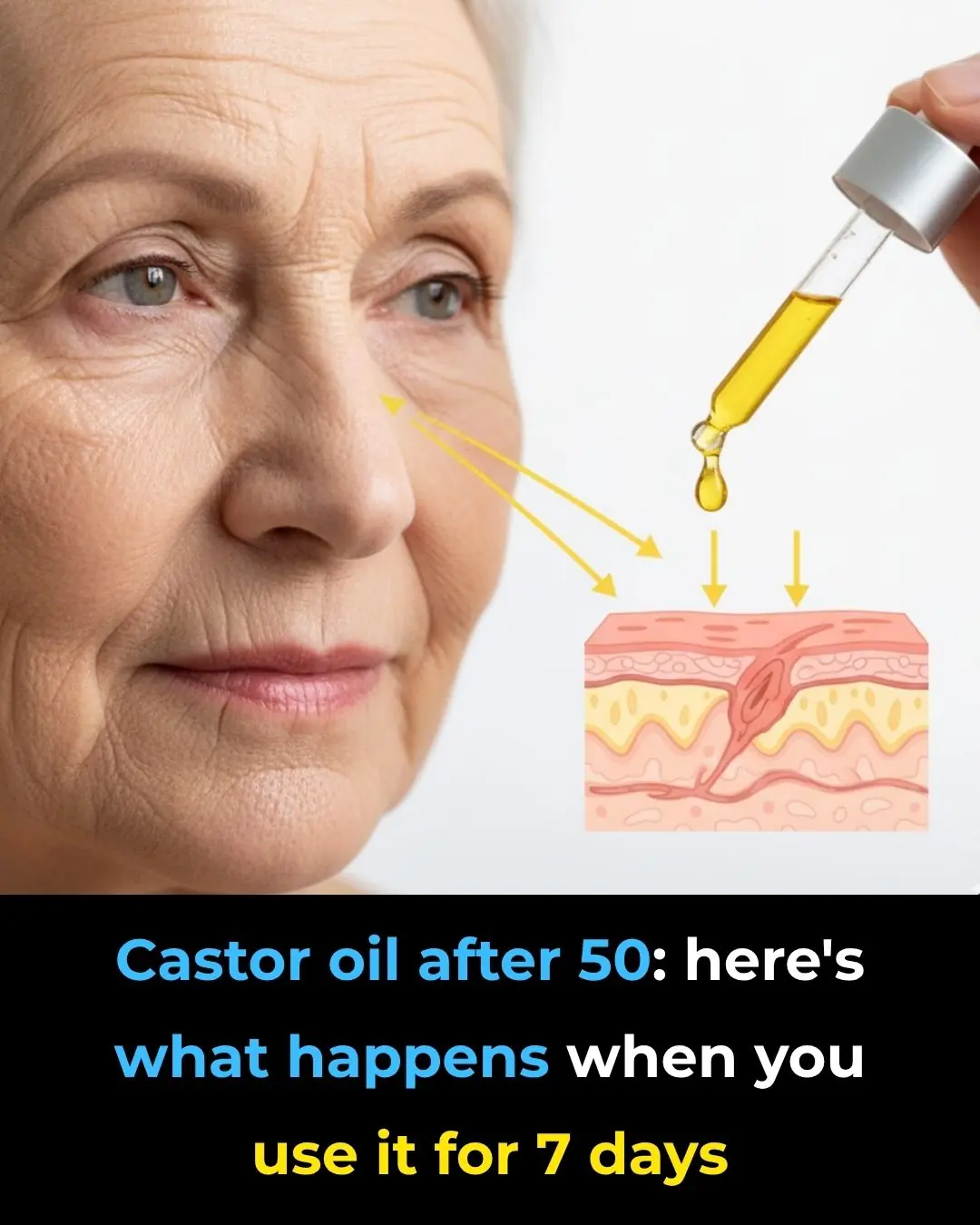
Castor Oil After 50: This Is What Happens After 7 Days Of Use!
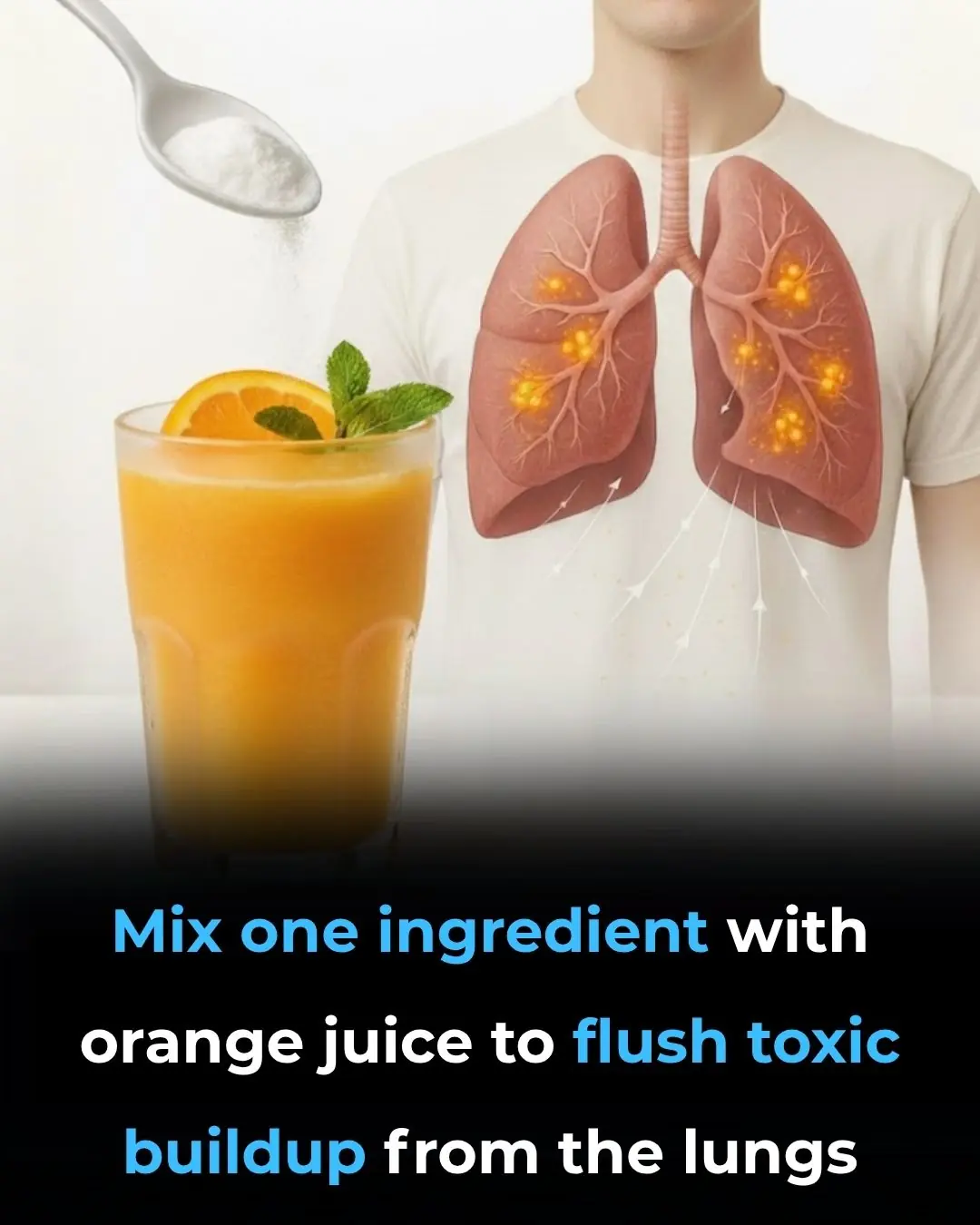
Mix One Ingredient With Orange Juice To Flush Toxic Buildup From The Lungs
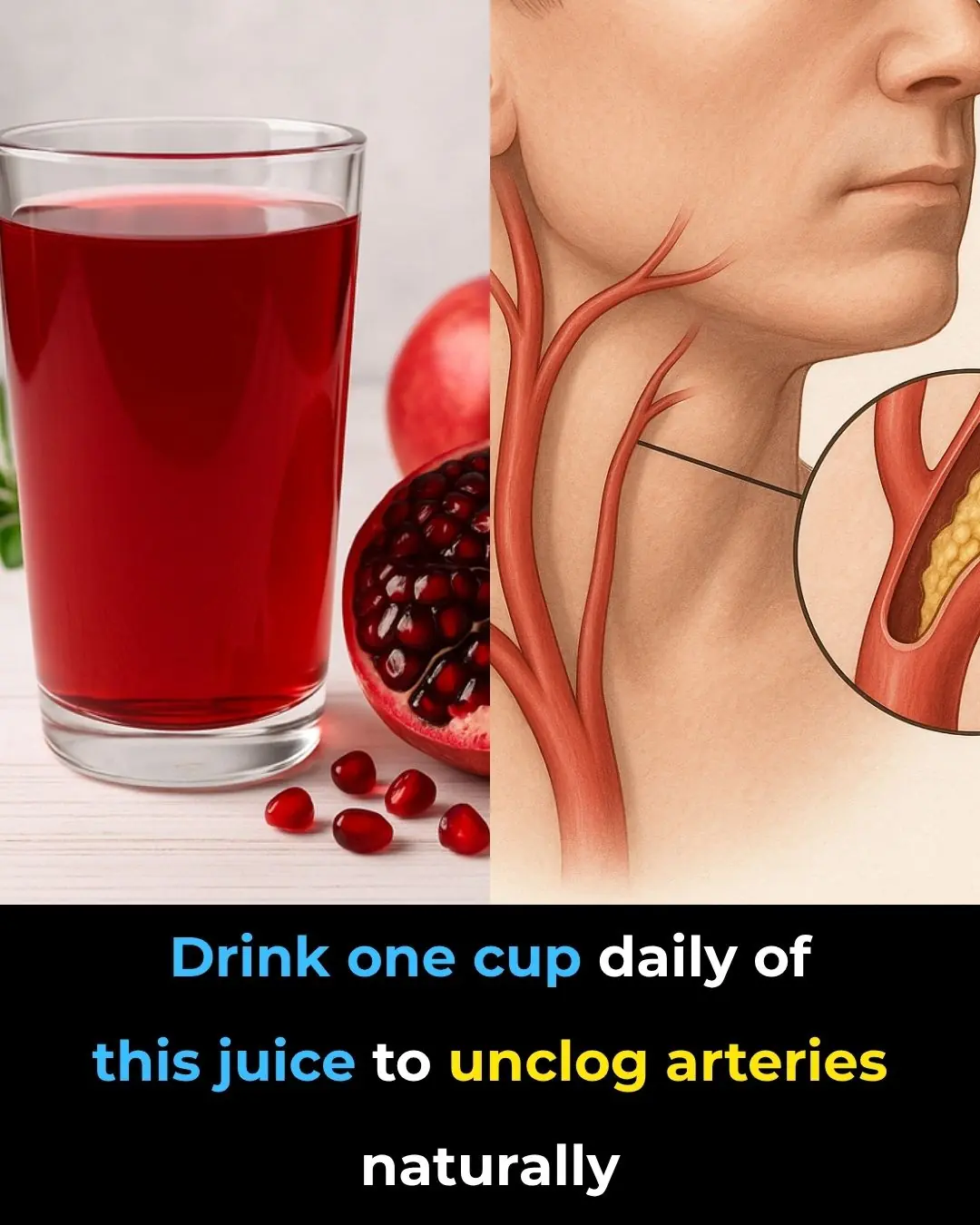
Drink one cup daily of this juice to UNCLOG arteries?
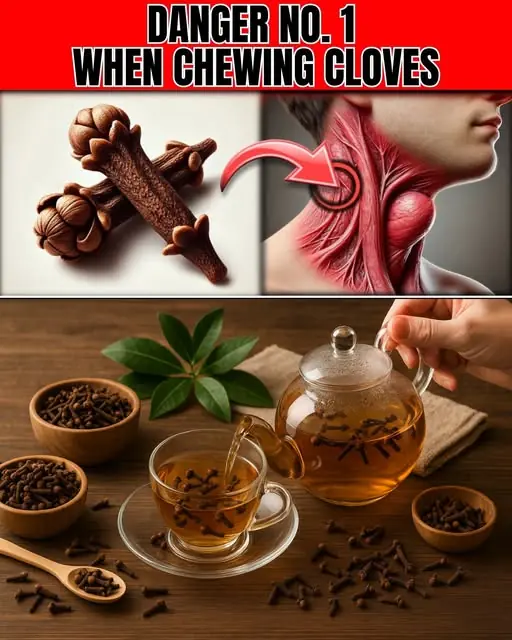
MISTAKE #1 WHEN CHEWING CLOVES (YOUR HEALTH IS IN DANGER)
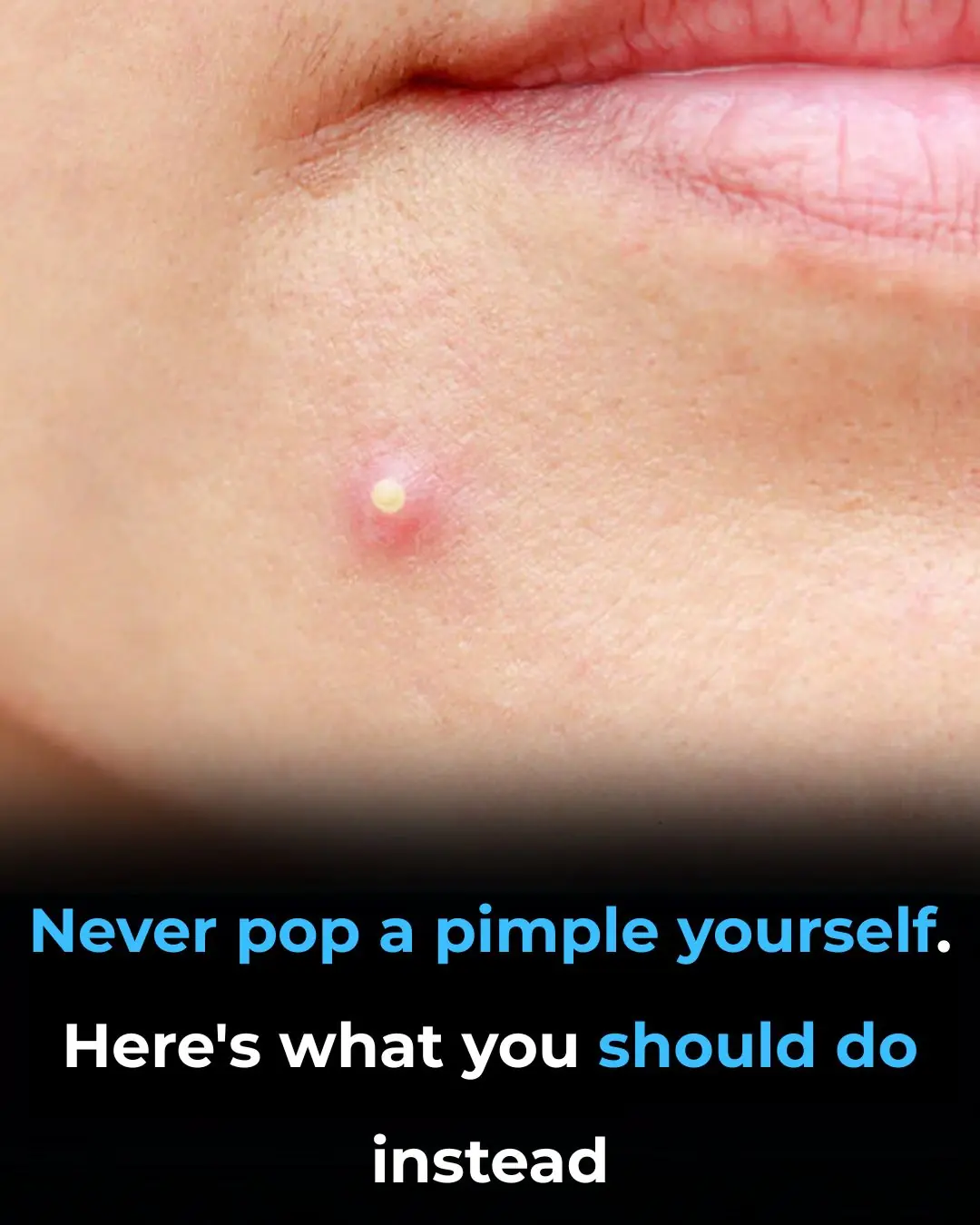
Just tried to stop my daughter from doing this
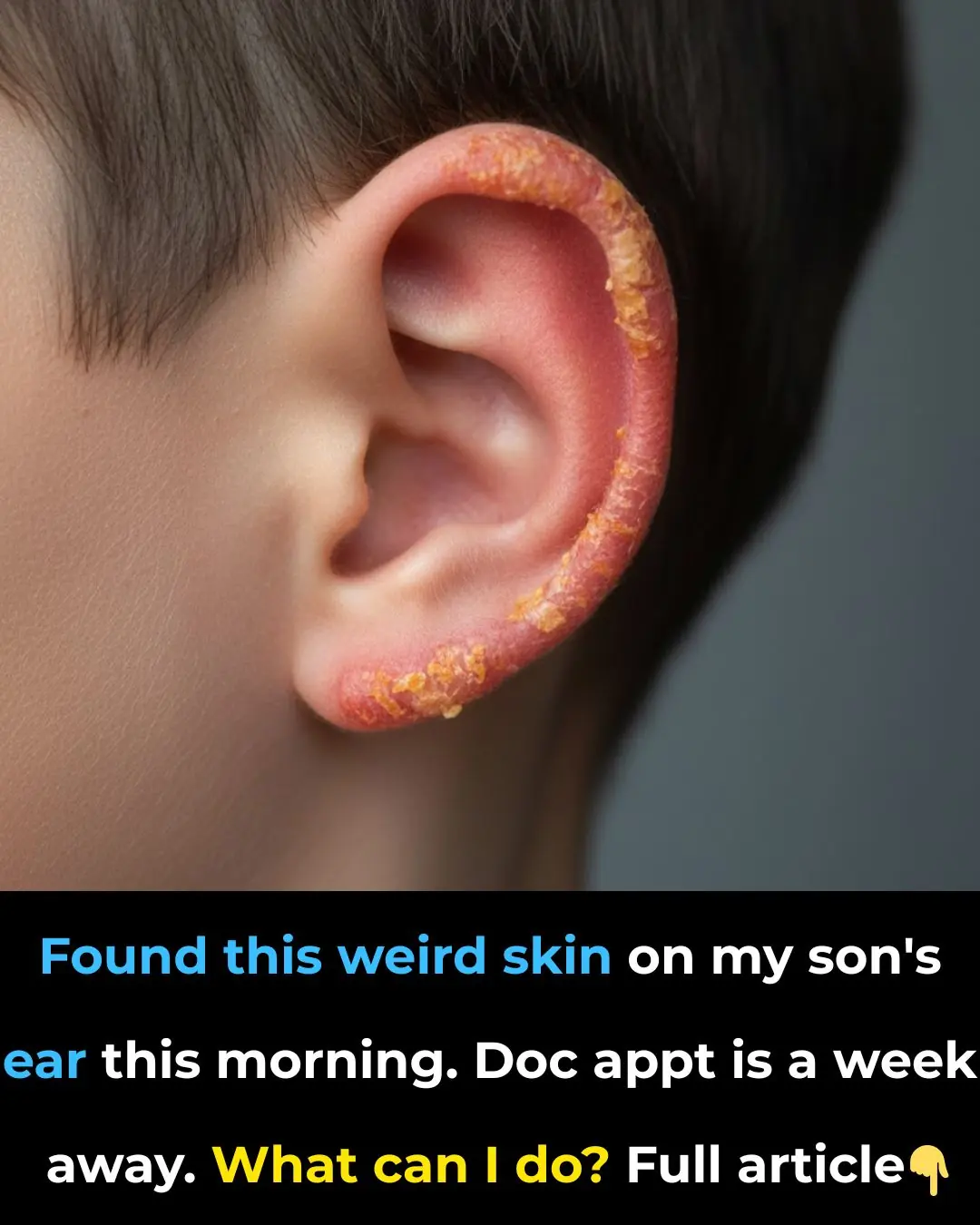
Found this weird skin on my son's ear this morning. Doc appt is a week away. What can I do?
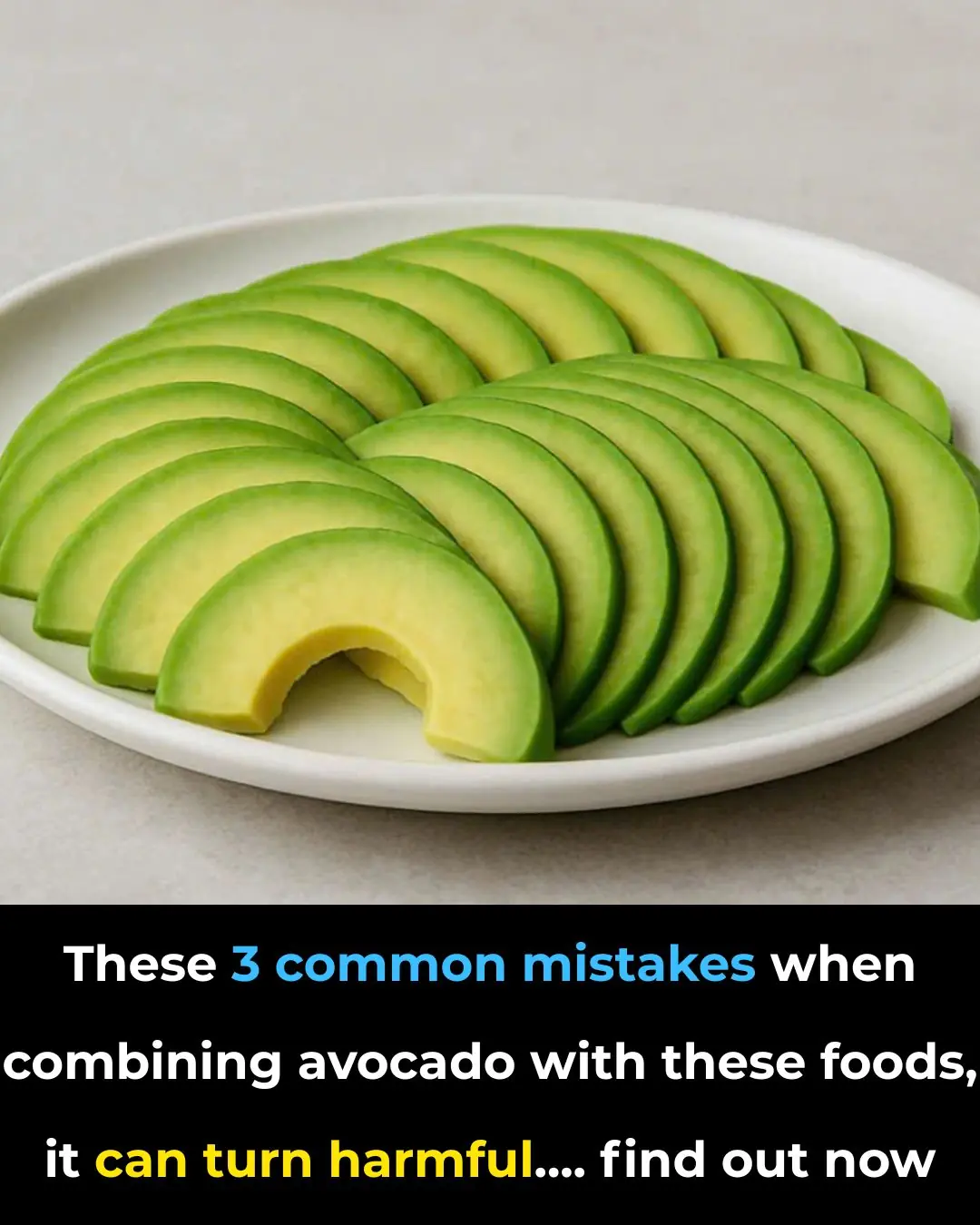
3 Common Mistakes People Make When Eating Avocados
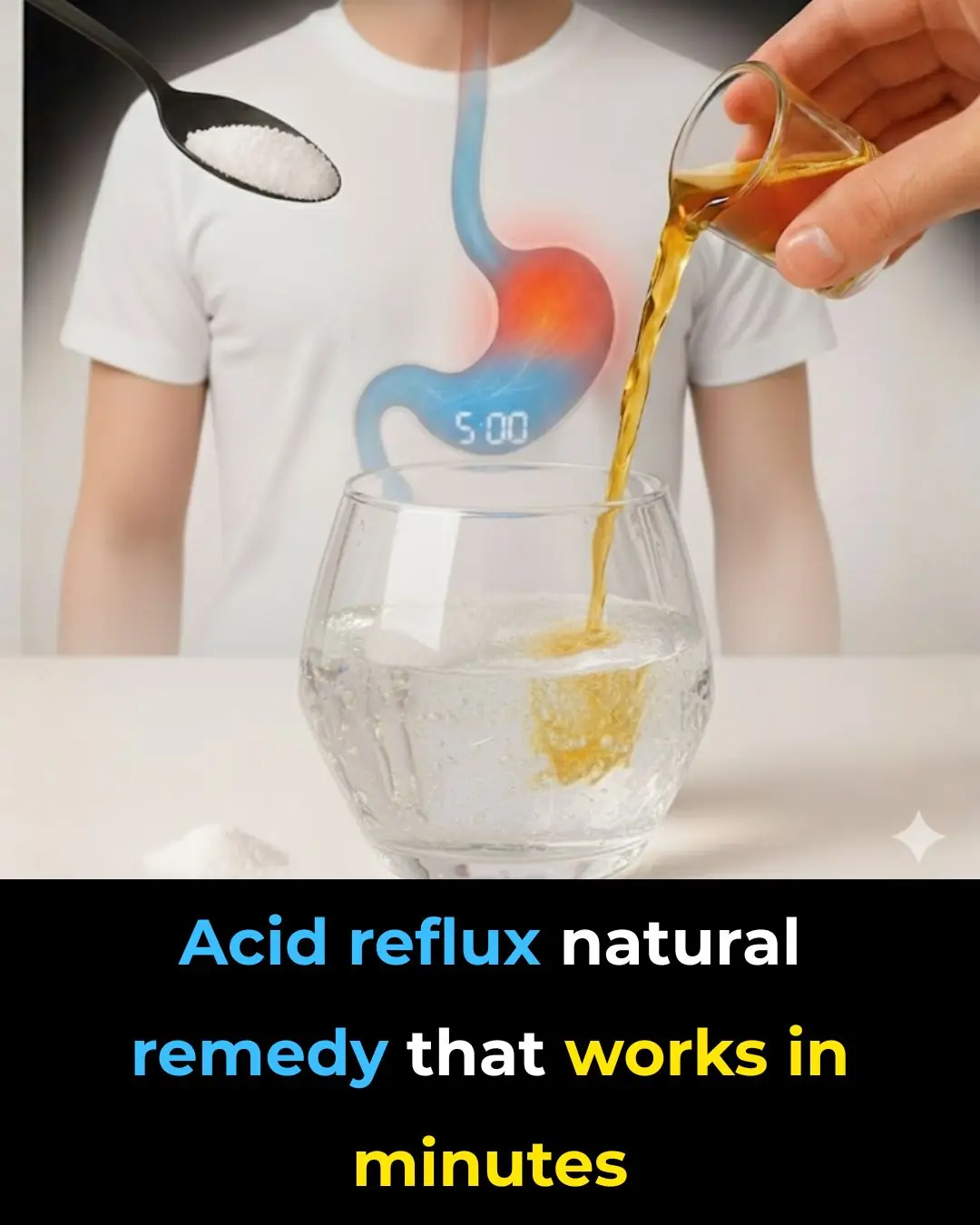
Acid reflux natural remedy that works in minutes
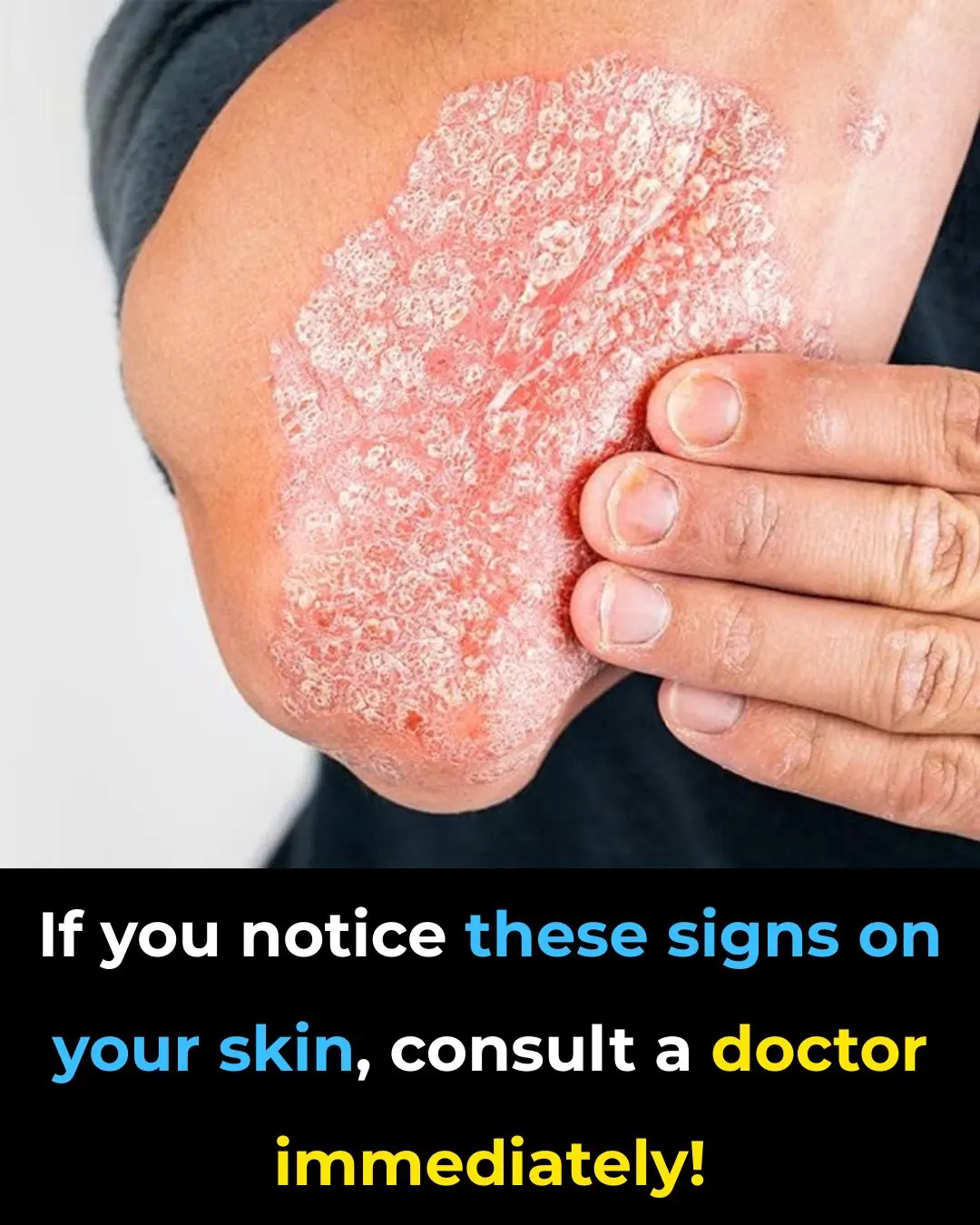
Warning Signs You Should Never Ignore on Your Skin

The 1-minute workout that’s up to 9x more powerful than your usual routine
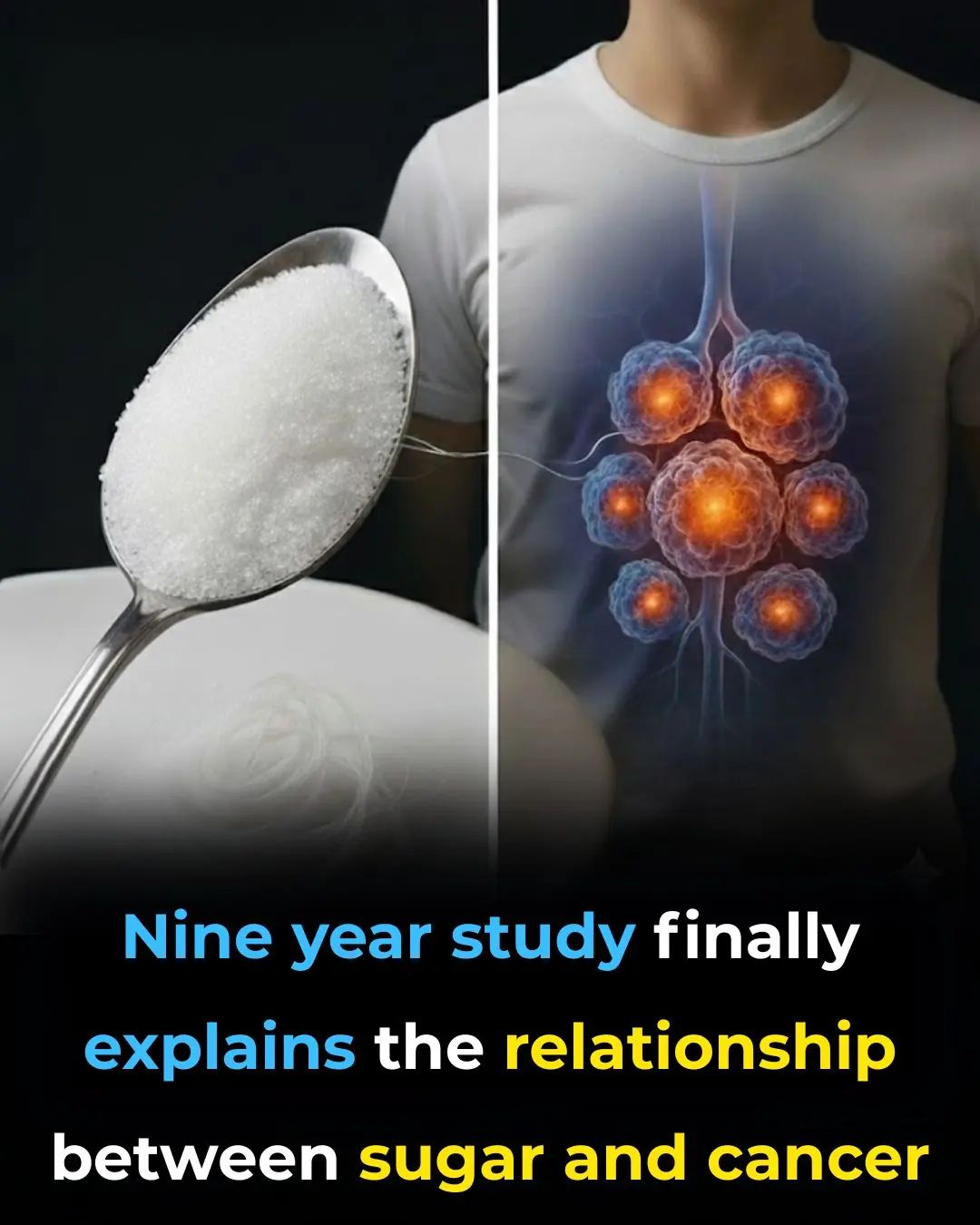
Nine Year Study Finally Explains The Relationship Between Sugar And Cancer
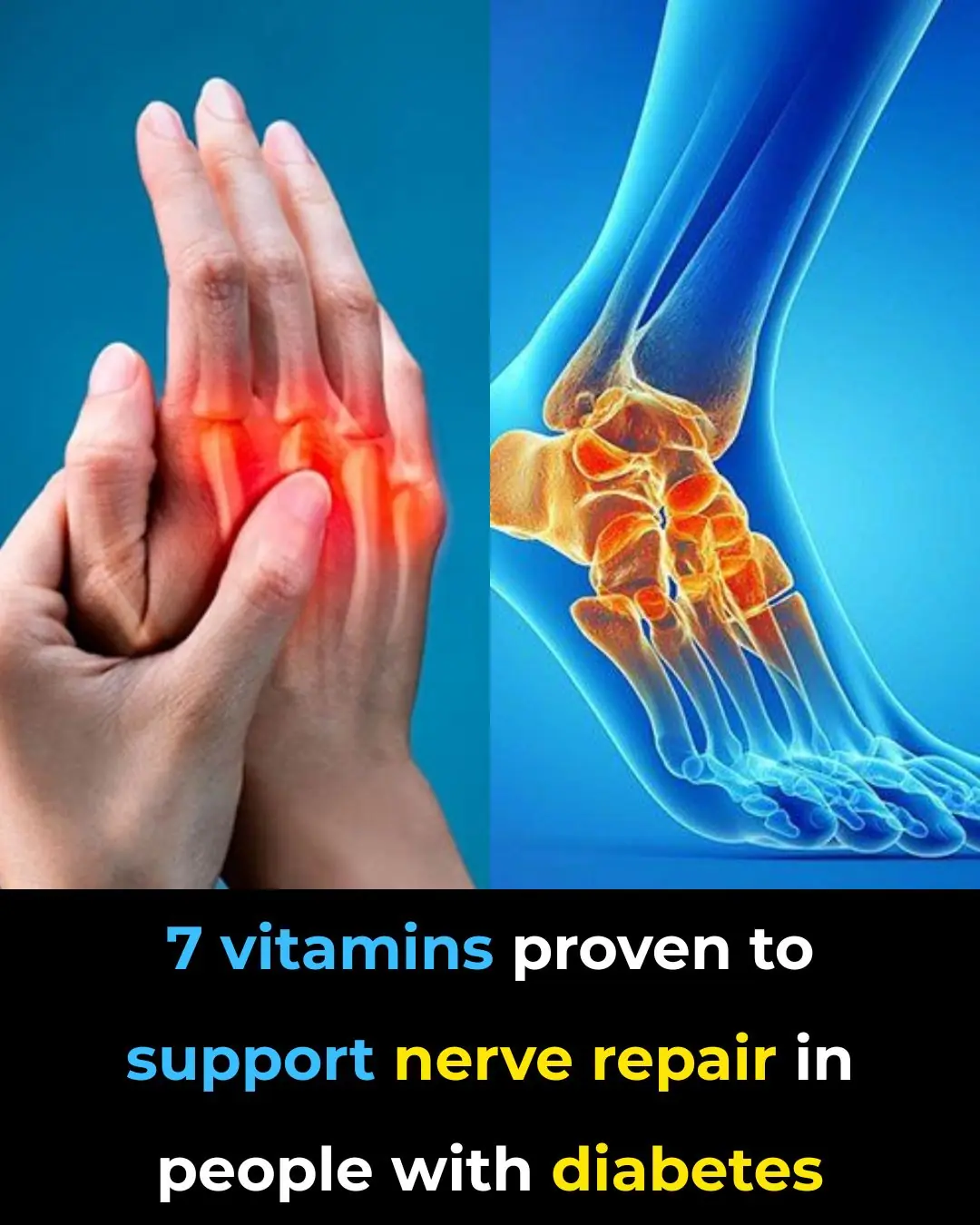
7 essential vitamins every diabetic needs for nerve health

🧠 A Neurosurgeon Says Your Legs Could Predict Dementia Years Before Memory Loss
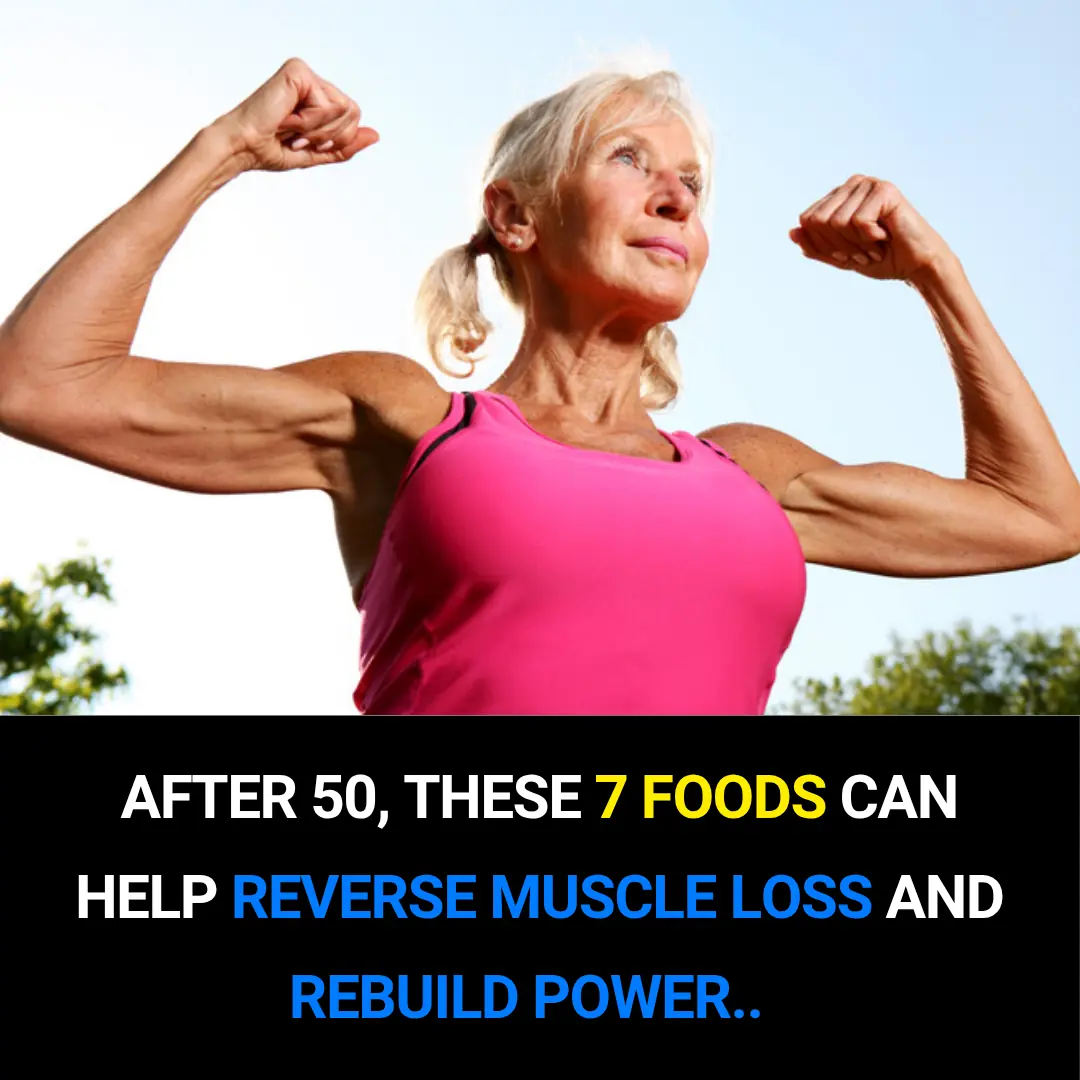
7 Best Foods to Rebuild Your Muscle Strength After 50
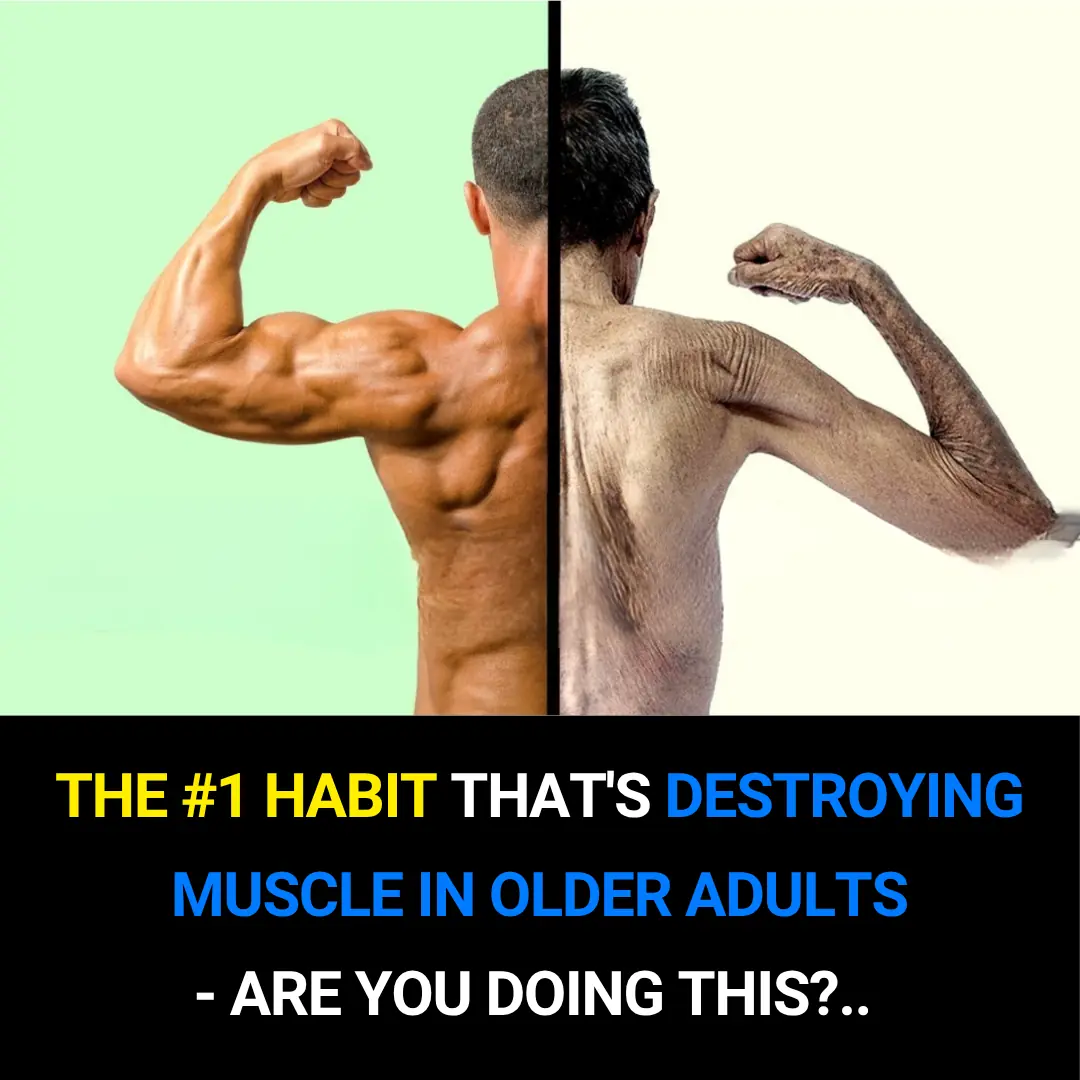
The #1 Habit That’s Quietly Destroying Muscle in Older Adults — Are You Guilty of This?
News Post
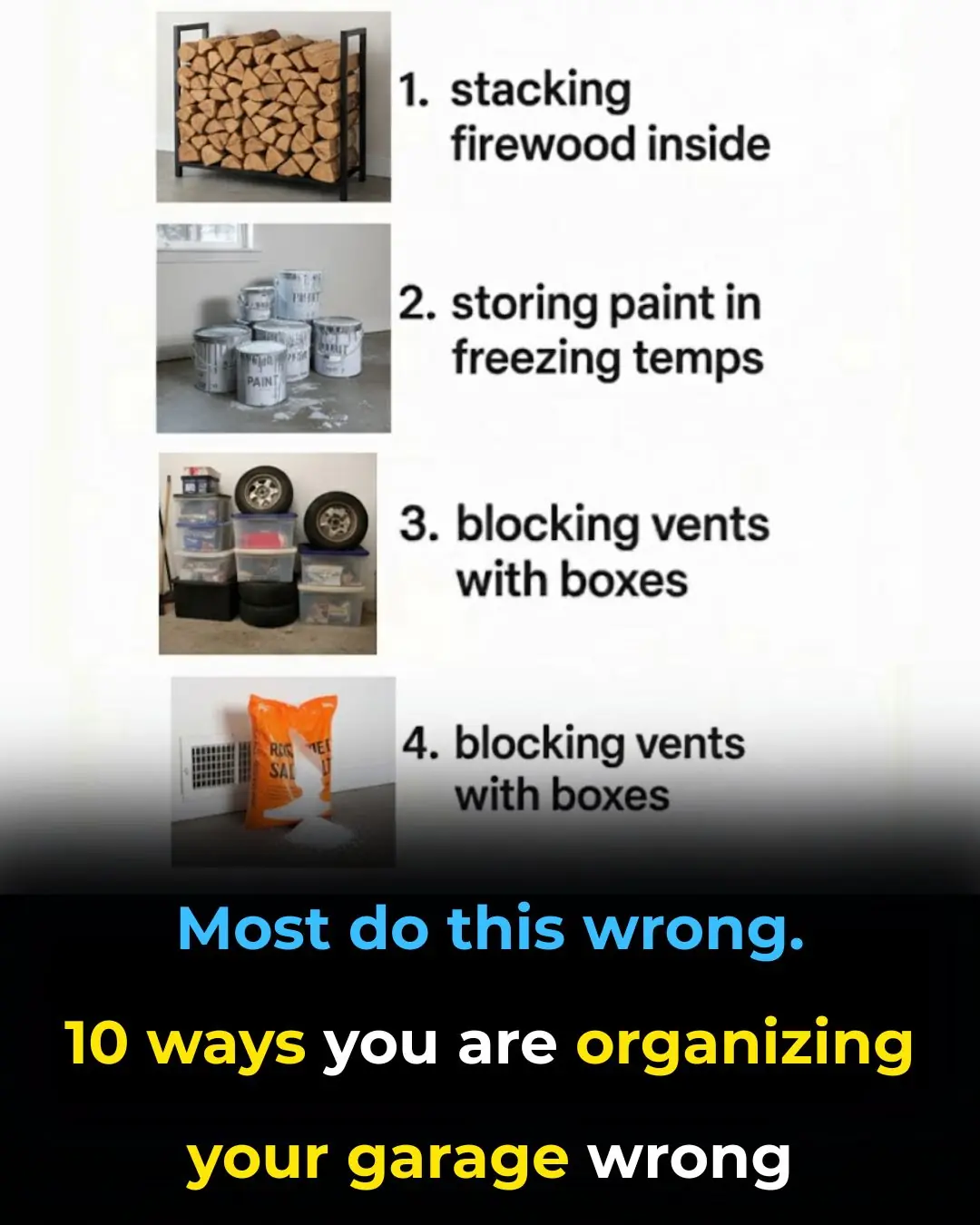
Most do this wrong. 10 ways you are organizing your garage wrong
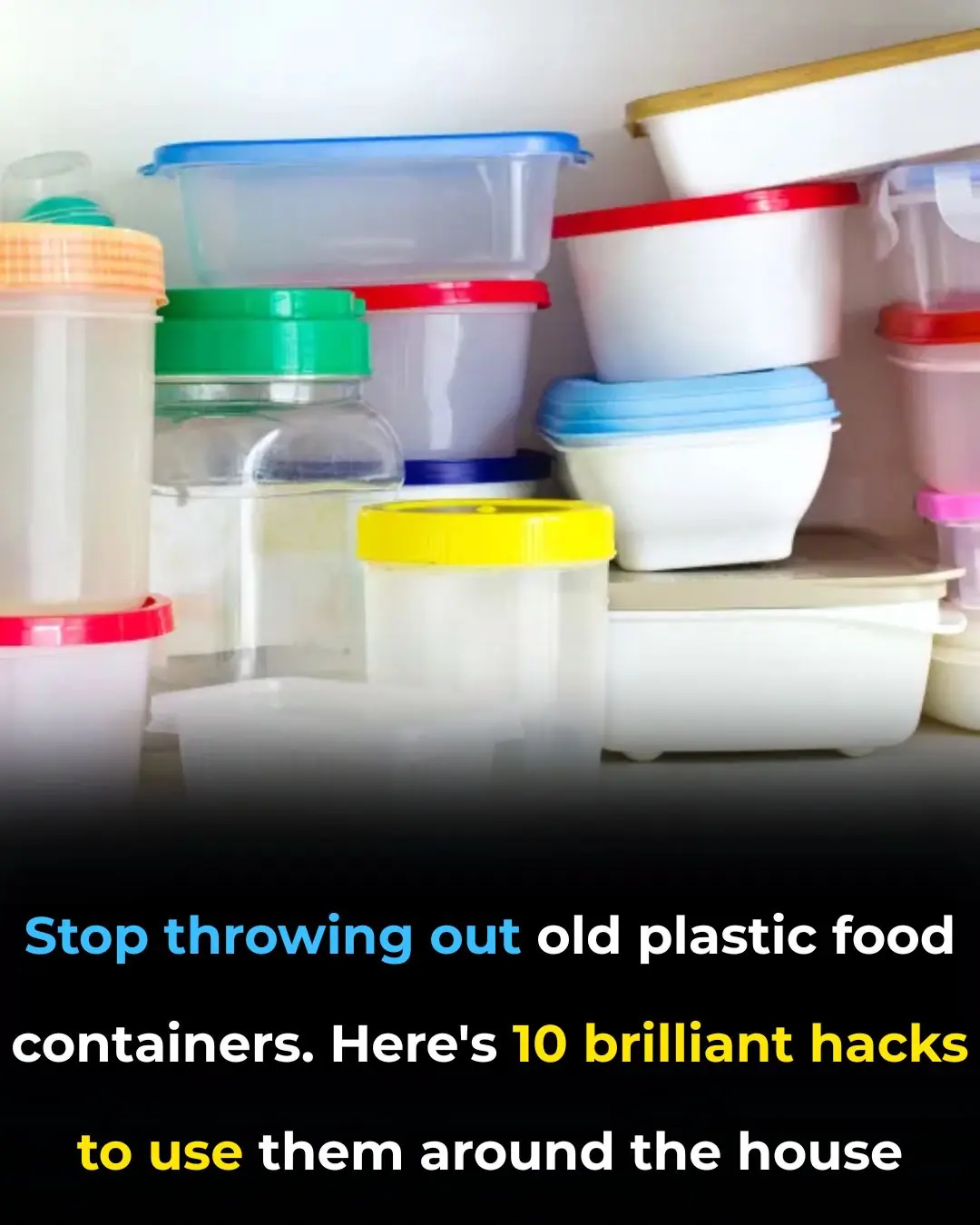
Stop throwing out old plastic food containers. Here’s 10 brilliant hacks to use them around the house

I had no idea
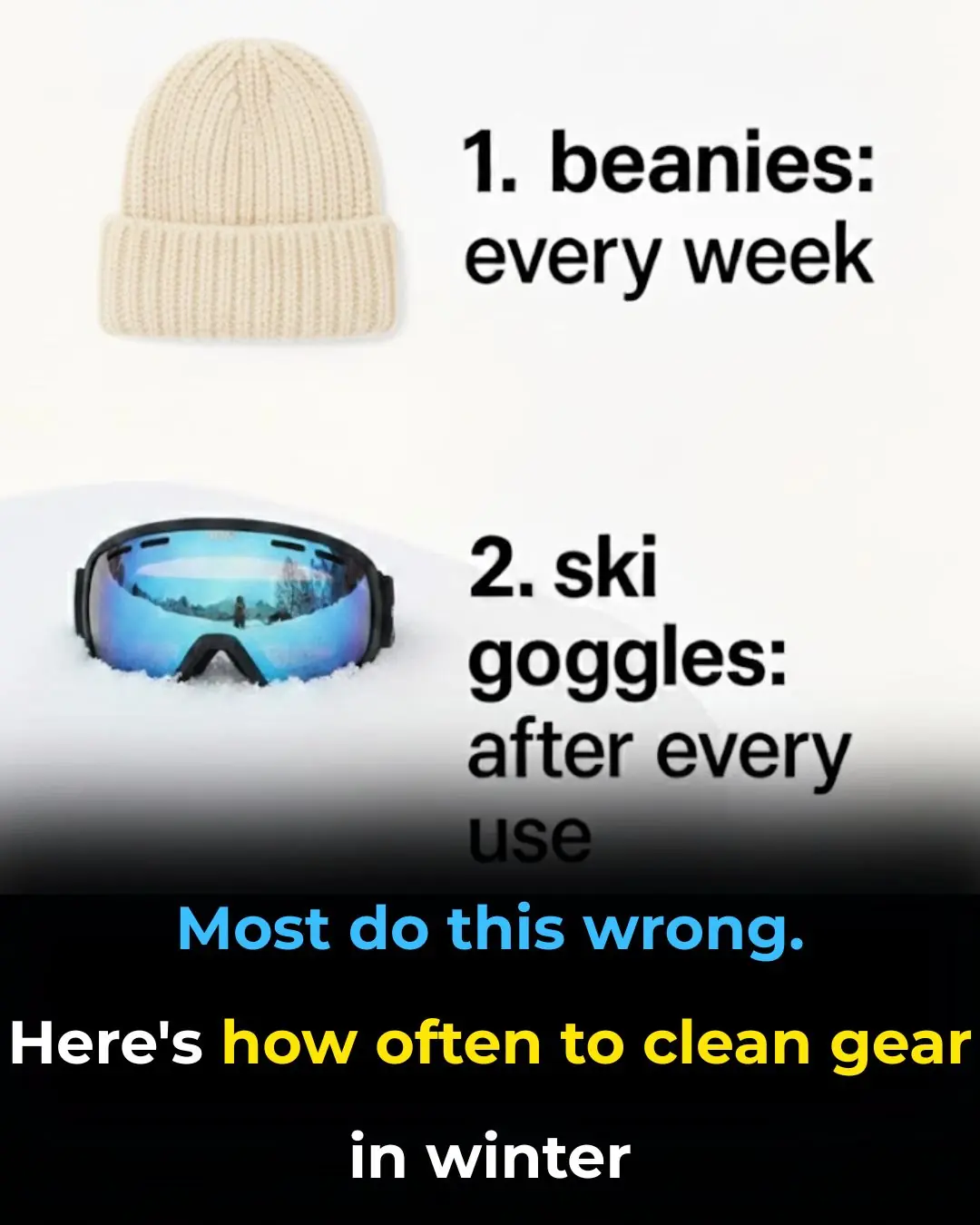
Most do this wrong. Here’s how often to clean gear in winter
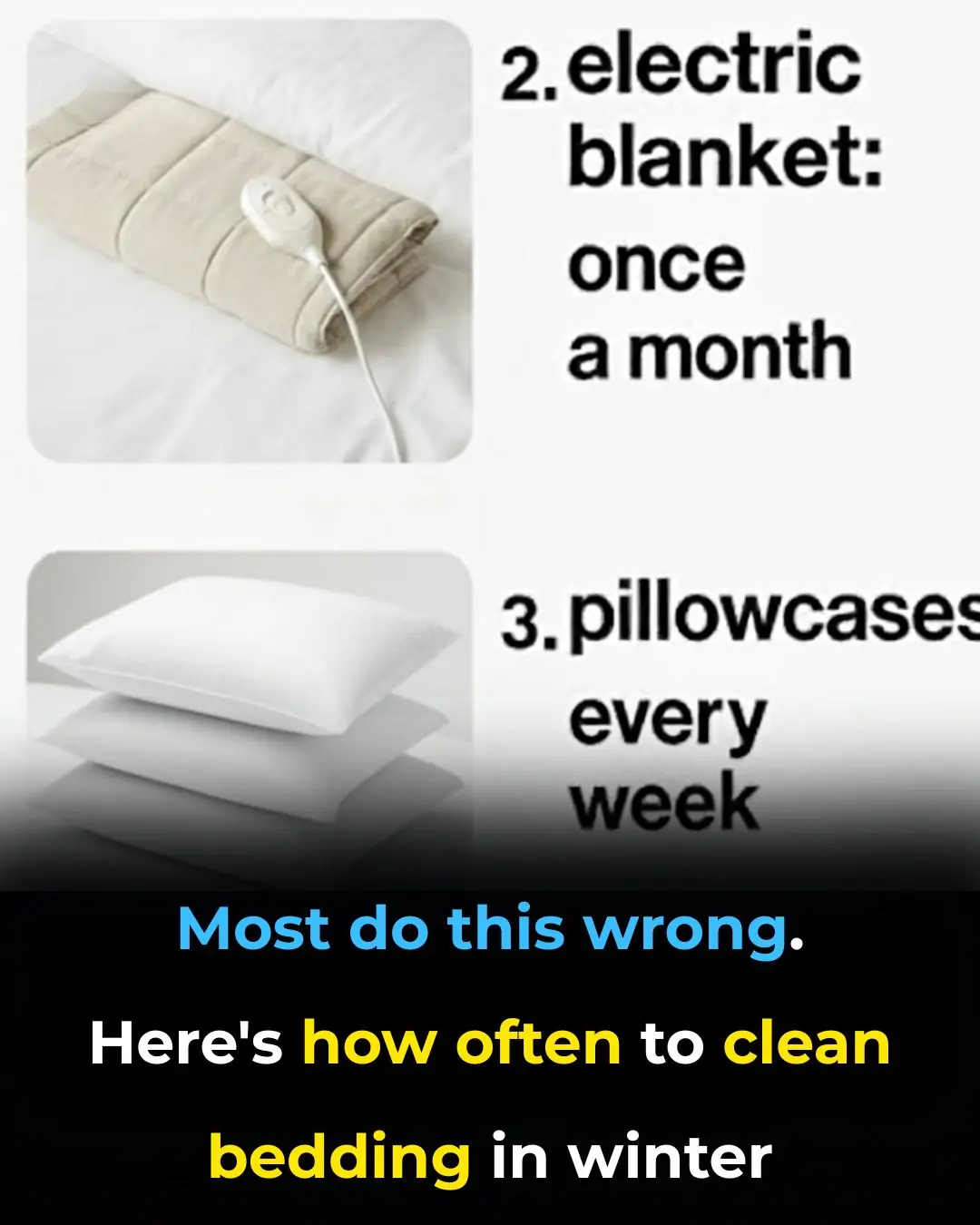
Most do this wrong. Here’s how often to clean bedding in winter
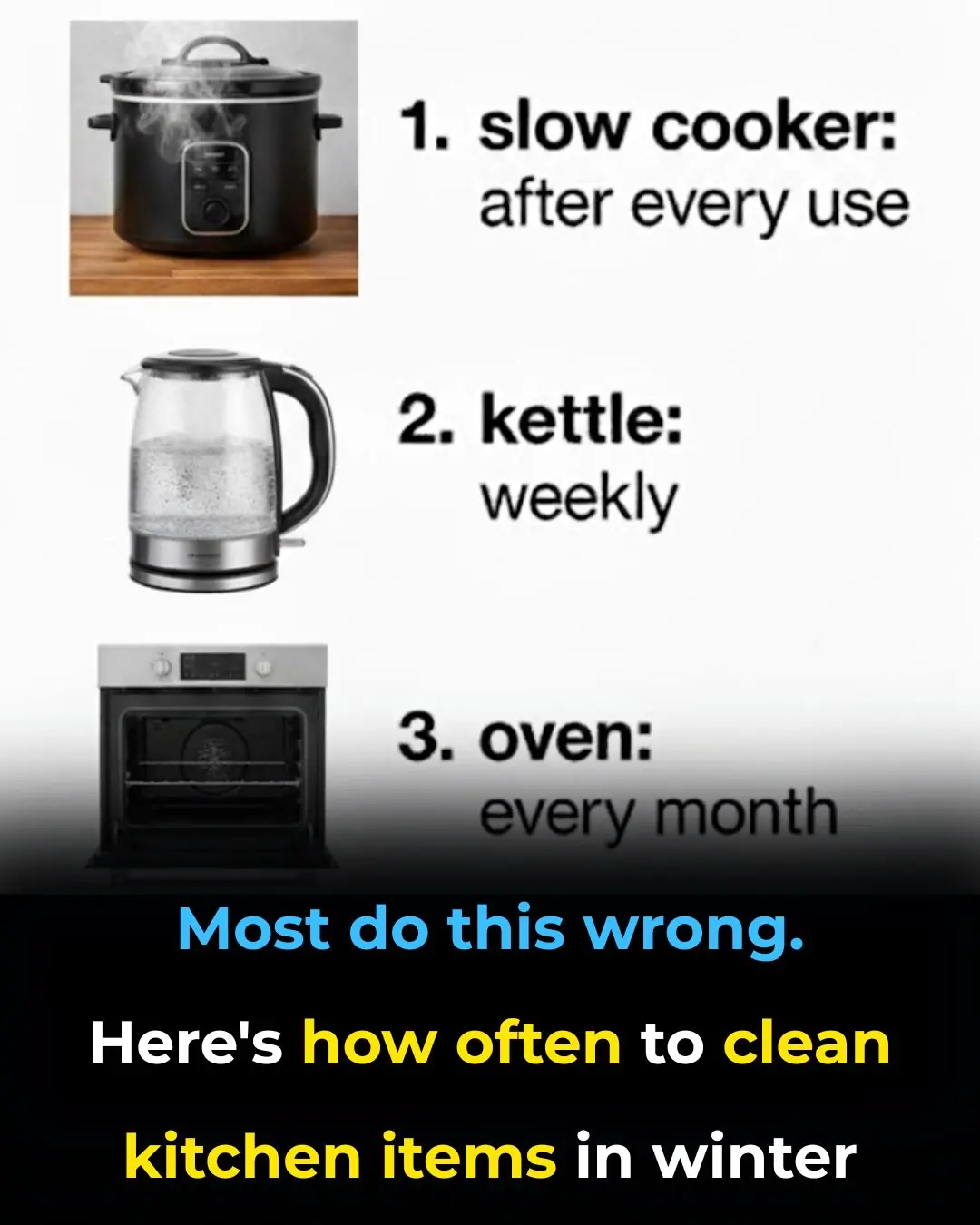
Most do this wrong. Here’s how often to clean kitchen items in winter

Most do this wrong. Here’s how often to clean appliances in winter

Most do this wrong. Here’s how often to refresh everything for winter
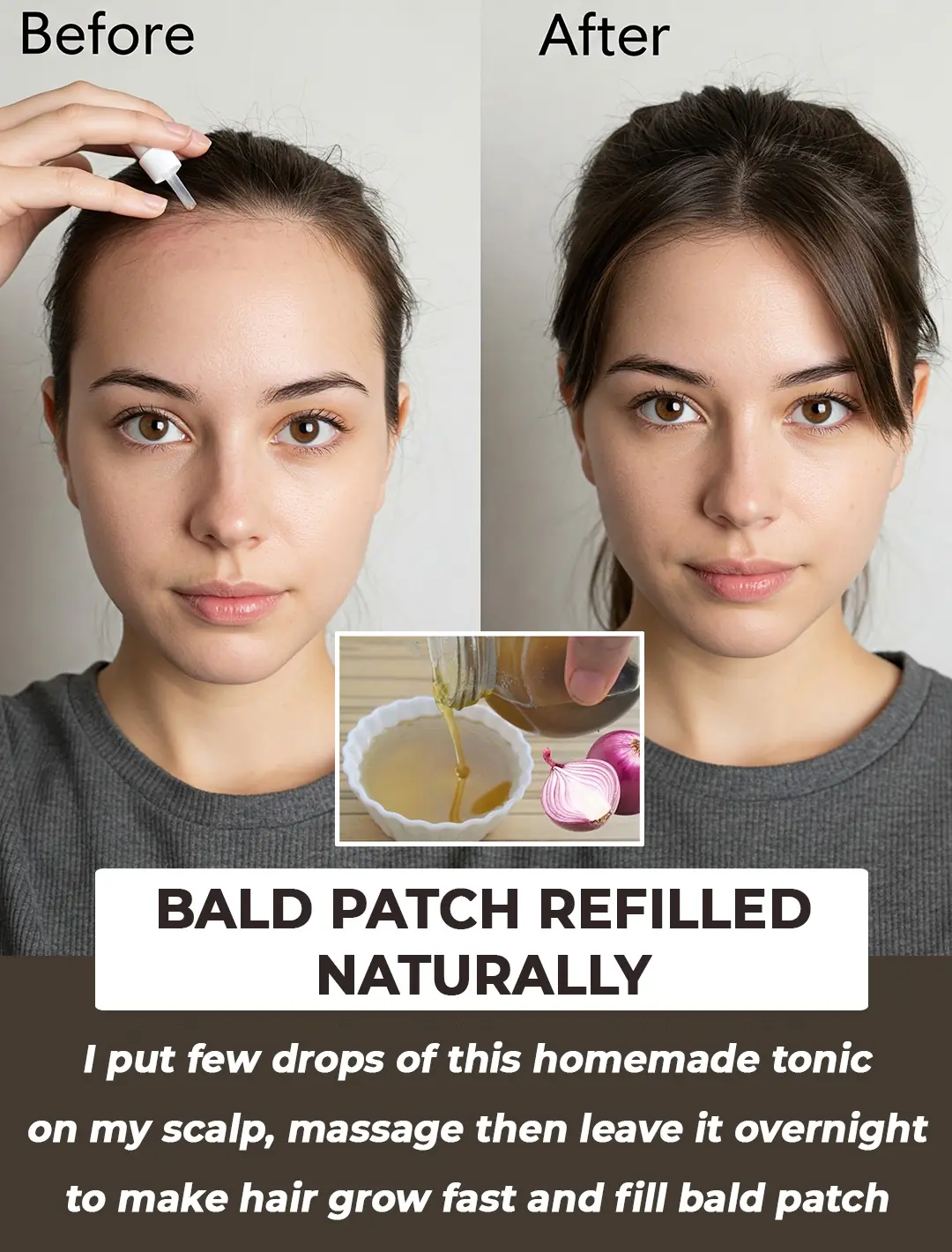
Double your hair growth with this “ONION JUICE” DIY
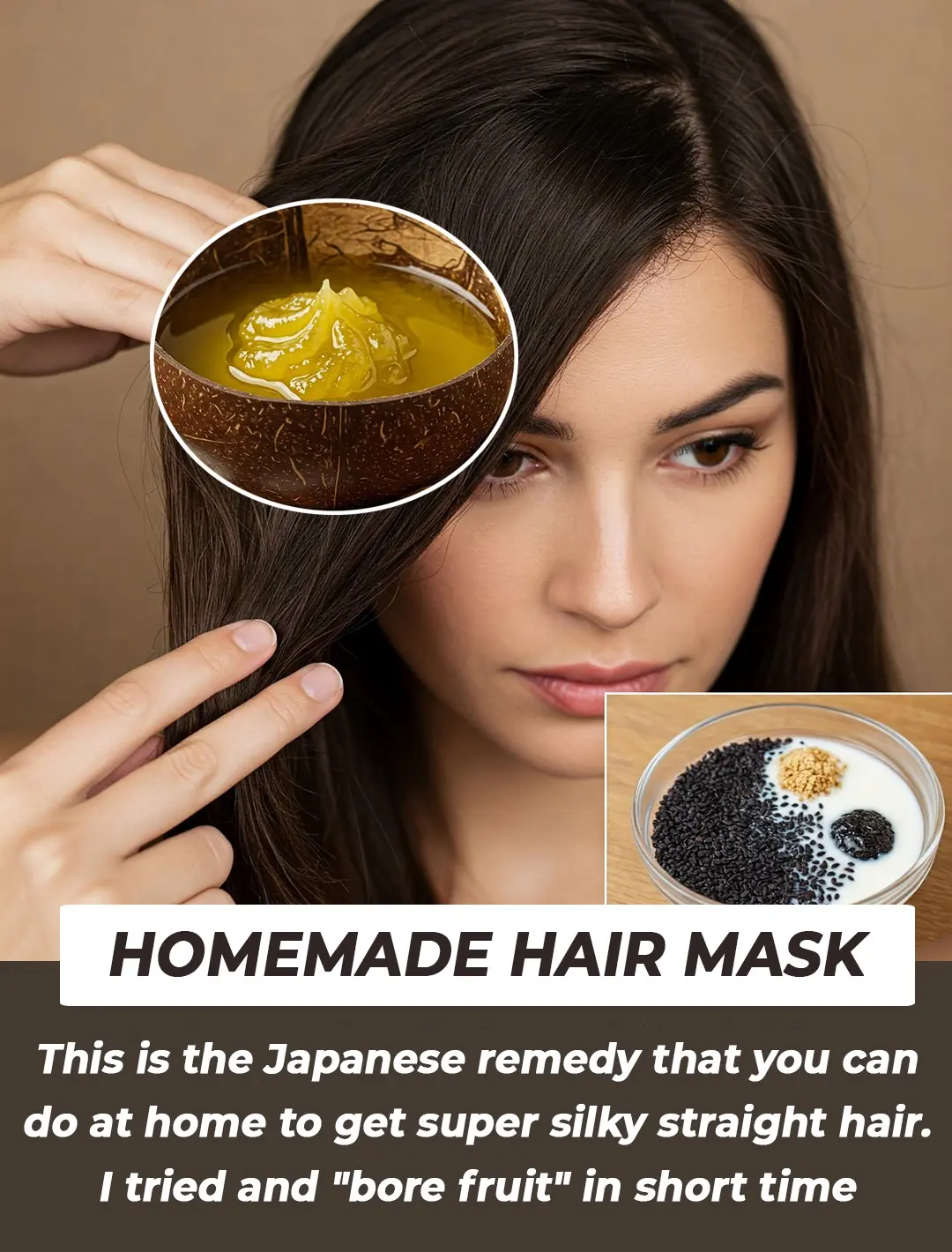
Salon like Keratin Treatment at Home
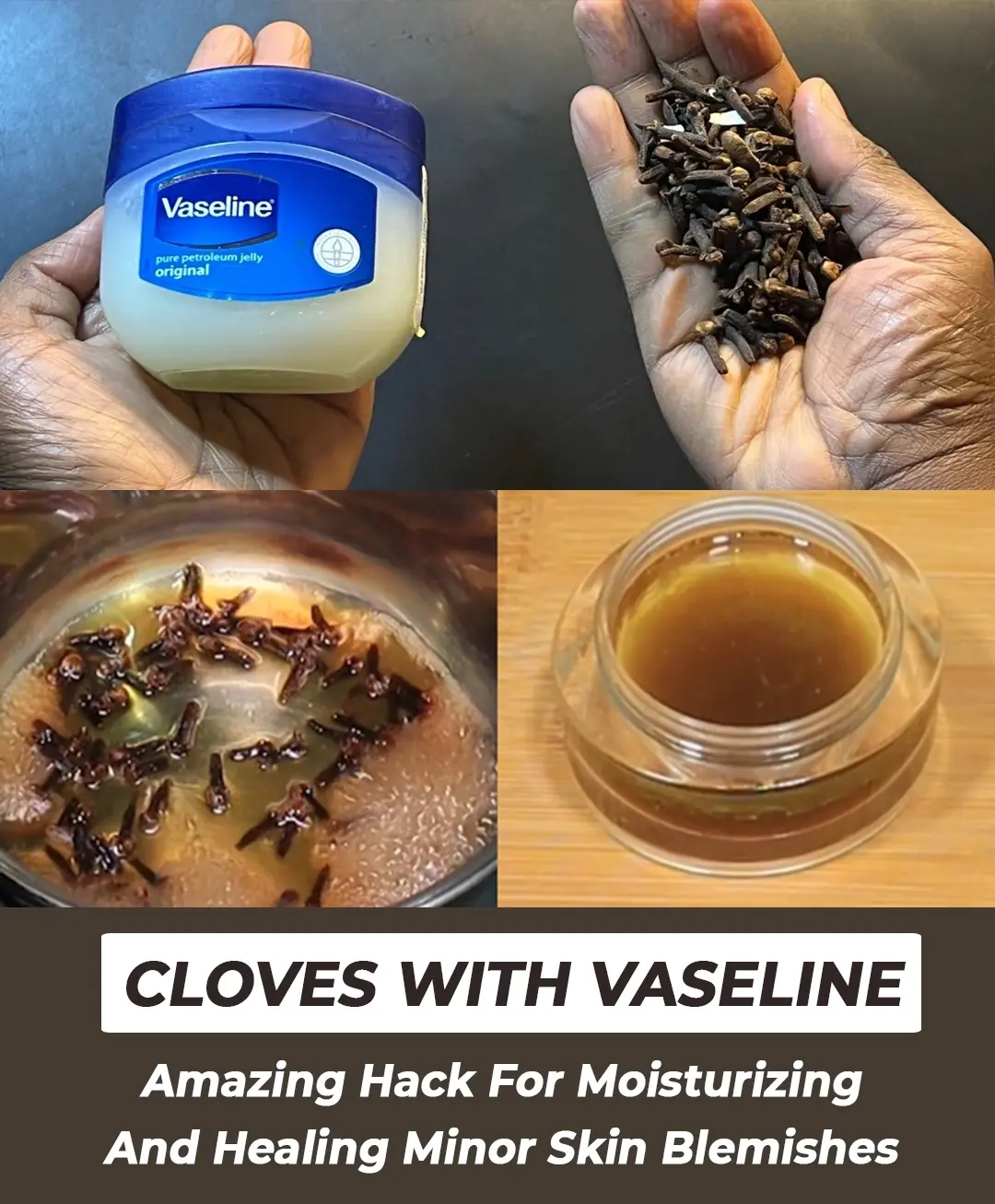
Mix Cloves with Vaseline: A Secret Skincare Hack
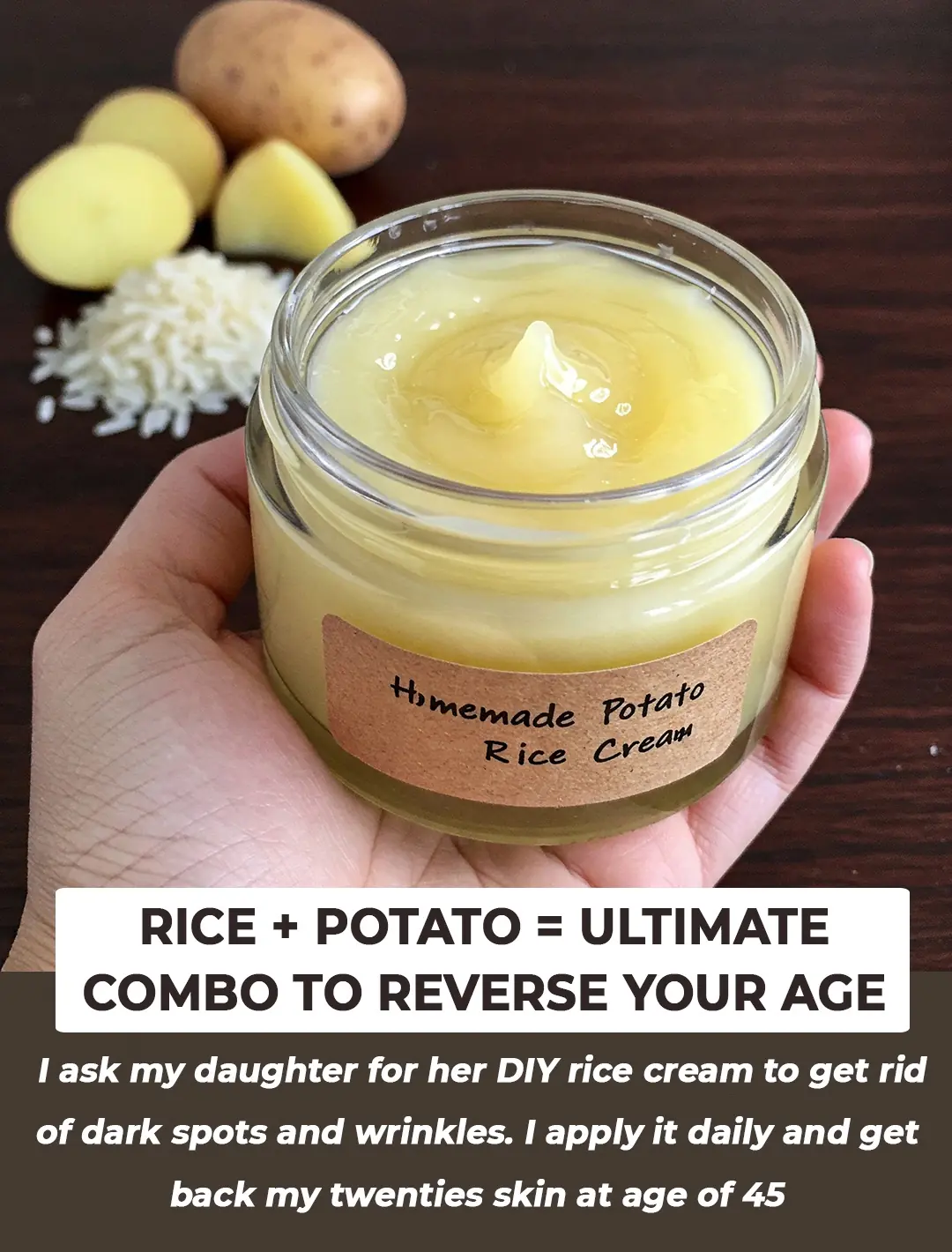
Homemade Potato and Rice Night Cream That’s Better Than Expensive Anti-Ageing Creams

Taylor Swift's brutal move after savage 27-second call

Alan Carr says Celebrity Traitors lie 'tore him apart' as he breaks down in tears at victory

Haley Kalil: The ‘unfortunate’ part of NFL divorce story exploding

This carb is more damaging to your blood sugar than pure sugar

DIY Under-Eye Clove Cream for Dark Circles

Person 'sucked into plane engine' before takeoff dies in airport tragedy

The Powerful Juice That Fights Anemia, Fatty Liver, and Blurry Vision Naturally
